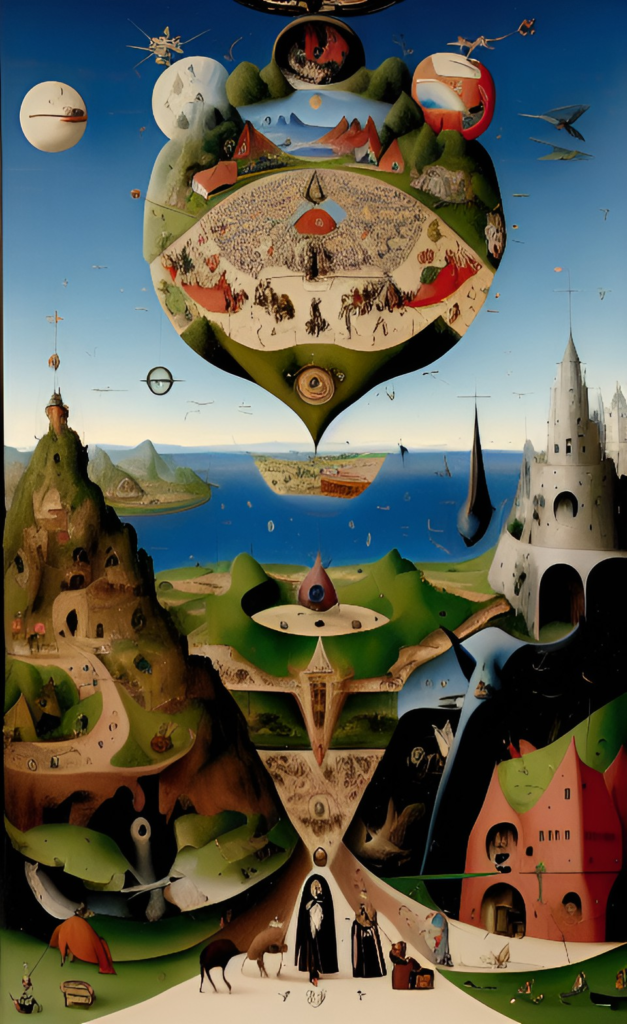
Boomers tend to perceive life as an upward trajectory, with improvements coming with age. Their references to childhood are infrequent, usually highlighting the challenges they faced compared to subsequent generations. Millennials, however, see the world as progressively worse as they grow older, particularly since the decline that followed 2007. This viewpoint can be misinterpreted as a belief that things cannot improve, accompanied by a constant nostalgic longing for their childhood.
While millennials experienced a vibrant childhood, they entered adulthood amidst a deteriorating world and culture. Boomers, on the other hand, had a more ordinary childhood but enjoyed prosperity and opportunities in their adult years. This contrast may explain why many millennials display behaviors associated with adult children and embrace the “kidult” phenomenon. Some retreat into hedonistic bubbles, constantly reminiscing about the past, while others strive to preserve their positive experiences and extend them into later life. However, excessive nostalgia can lead millennials towards self-infantilization, while boomers become preoccupied with maintaining their standards even if it comes at the expense of future generations. Ironically, both generations fiercely hold onto remnants of their past, desperately clutching onto memories.
Millennials seek solace in nostalgia as they cannot recreate the perceived “good times.” Boomers, equipped with accumulated resources from their prosperous years, strive to make those times last until the end of their lives, including their wealth and social standing. This is why many continue working, even if their productivity is questionable. Zoomers, the younger generation, have yet to experience anything resembling the boomers’ “good times,” leading them to wonder if they ever will or if they have resigned themselves to the idea that such times are out of reach.
To cope with this, some Zoomers adopt an indifferent attitude, considering it uncool to care about anything. Both boomers and millennials had formative periods where their needs were prioritized, and institutions and culture catered to them. These experiences carried over into their adult lives. Boomers successfully held onto positions of power in politics, business, and academia, ensuring their influence extended seamlessly into adulthood.
In contrast, millennials entered adulthood only to find that the culture and institutions now primarily serve the interests of boomers, undermining their own self-interest and challenging their sense of fairness and normalcy.
This clash between generations has ignited a cultural war that is likely to find resolution within the next decade, as the boomer generation gradually passes away.
Generation X and, to a greater extent, Zoomers had entirely different experiences. They never expected existing institutions or culture to directly serve their interests. Instead, they sought refuge in “temporary autonomous zones,” subcultures existing on the fringes or outside the mainstream’s gaze. These alternative spaces required a pioneering and self-reliant mindset, aligning with their developmental experiences.
For Zoomers, recent events like the COVID-19 response have made it glaringly evident that the existing culture and institutions actively work against their interests. Consequently, they strive to carve out their own digital territories, albeit with limited space and heightened pressure compared to Generation X. The response of Zoomers in adulthood remains uncertain. It’s worth noting that they will navigate this landscape during a transition from a boomer-centered culture to a millennial-centered one, an event referred to as the “great switcheroo.”